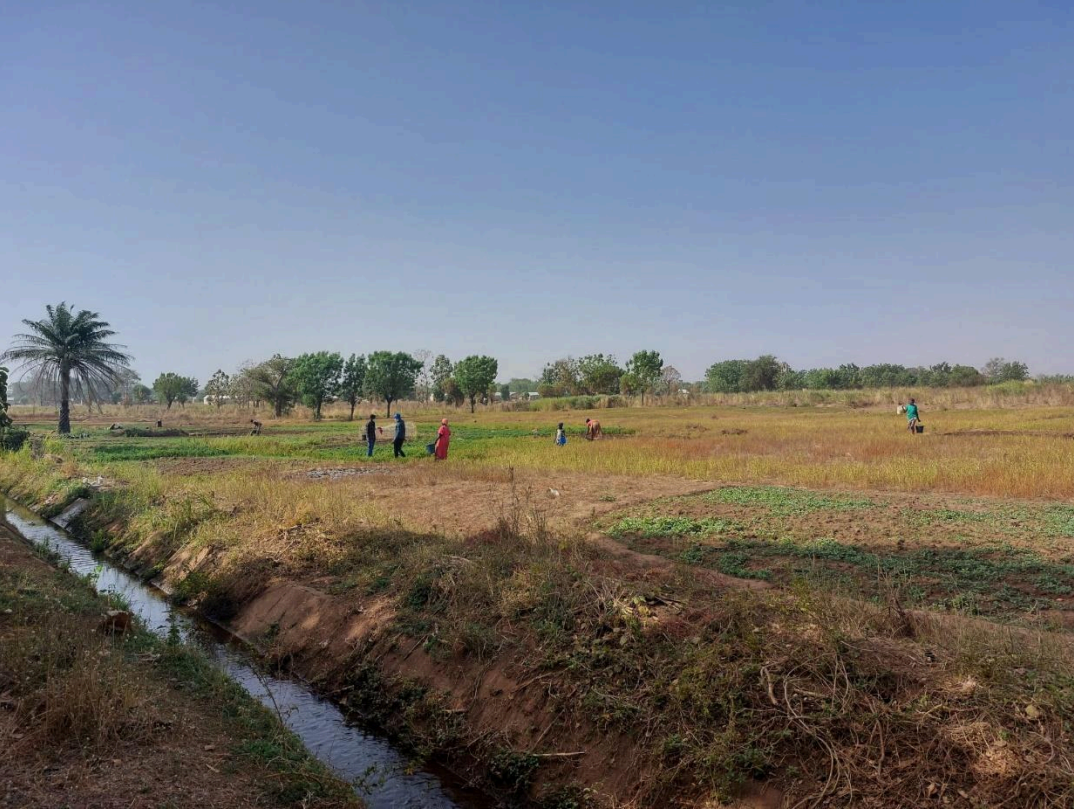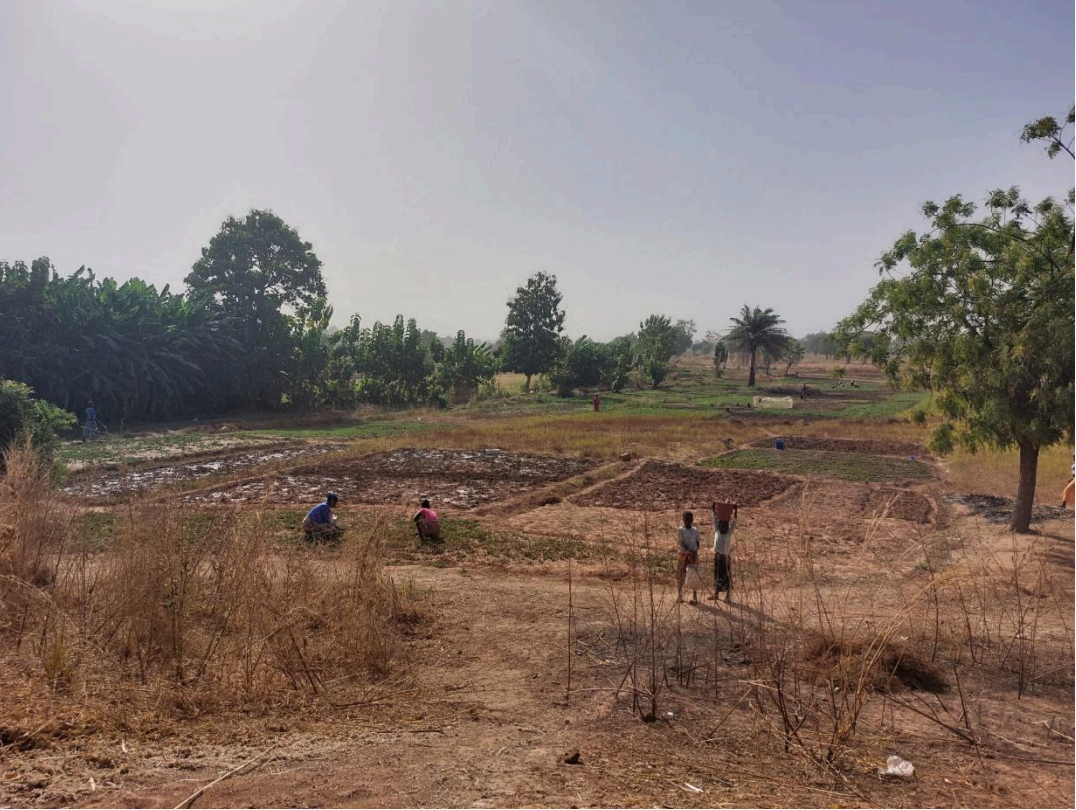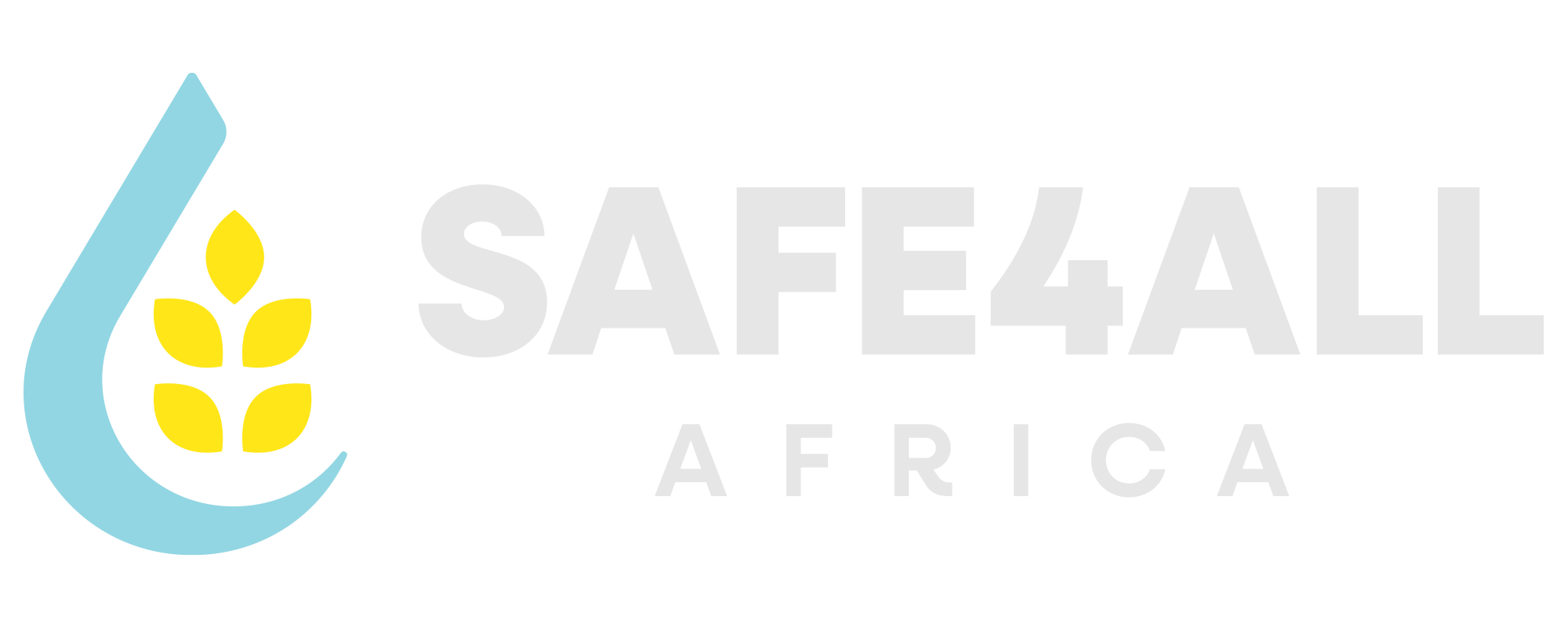Ghana’s Agriculture Navigating Climate Change
May 13, 2024


Agriculture forms the backbone of Ghana’s economy, with around 50 % of its GDP relying on this vital sector. However, the majority of Ghanaian farmers—80 %—are engaged in small-scale rainfed farming, where success hinges on their ability to align farming decisions with ever-changing weather conditions.
Ghana’s heavy reliance on rainfed agriculture renders the region vulnerable to the impacts of climate change. Shifts in rainfall patterns, onset delays, and alterations in seasonal rainfall amounts, alongside occurrences of dry spells, pose significant challenges to farmers’ planning and production cycles.
Erratic rainfall patterns
Climate change has resulted in unpredictable rainfall patterns in Ghana, affecting rainfed agriculture. In recent decades, the country has witnessed increased variability in rainfall patterns, with some sources suggesting a rise in overall rainfall in the subregion. However, this variability poses significant challenges for farmers in planning their planting and harvesting schedules, leading to uncertainty.
Reduced crop yields
Erratic rainfall and prolonged dry spells have led to decreased crop yields in rainfed agricultural systems. Maize yields, for example, have declined by about 10 – 20 % due to water stress caused by irregular rainfall pattern, impacting the livelihoods of farmers and their ability to provide for their families.
Increased risk of crop failure
Climate change has increased the risk of crop failure in rainfed agriculture due to the changing start of the rains and increased variability. Farmers are also facing challenges such as prolonged dry spells and heavy rainfall resulting in floods, leading to crop losses of up to 30 – 40 % in some regions. This not only threatens food security but also undermines the economic stability of farming communities.
The SAFE4ALL initiative
SAFE4ALL aims to improve and tailor forecast information on weather and climate to help Ghanaian farmers and other relevant stakeholders adapt and make better decisions to increase their crop yields and economic output. By engaging with stakeholders in Ghana, including small-scale farming communities, municipalities, cities, and the in-country met office (GMet), and by harnessing their local knowledge, SAFE4ALL will co-create location-specific climate services to address the challenges posed by erratic rainfall patterns and reduced crop yields due to climate change. Through collaborative efforts, SAFE4ALL seeks to enhance food security, resilience, and sustainable agricultural practices across Ghana, ultimately empowering communities to mitigate the impacts of climate change and manage migration pressures effectively
